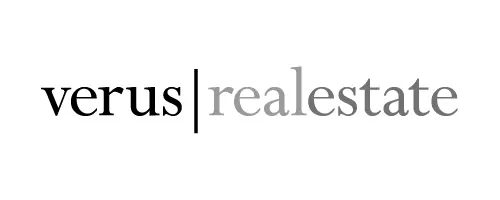Airbnb sues NYC over new short-term rental registration requirements
Airbnb and New York City have long had a complex relationship. However, the conflict between the city and the San Francisco-based tech company evolved to the next level last Thursday, when Airbnb filed a lawsuit. This time, the short-term rental website is suing New York City over new registration requirements that would reduce the number of rentals within the five boroughs.
The registration requirements, also known as Local Law 18, passed in the New York City Council in January 2022. Under the new law, New Yorkers looking to become short-term rental hosts must register their homes with the Mayor’s Office of Special Enforcement (OSE). Once a host receives a registration number, they must display it on all advertisements. The city will begin enforcing this law starting next month.
Last week, Airbnb and three NYC hosts filed two separate lawsuits in Manhattan's state court. In the filed lawsuit, the short-term rental platform argues that new regulations would lead to a significant decrease in the number of available listings. Another lawsuit filed by three Airbnb hosts states that the new law requires property owners to share sensitive information about their household with OSE and, therefore, violates their right to privacy.
“Today’s filing comes only after exhausting all available paths for a sensible solution with the City,” said Theo Yedinsky, Airbnb Global Policy Director. “As we have stated time and again, it has long been our preferred goal to work with the City on a regulatory framework that differentiates between New Yorkers who responsibly share their space and illegal hotel operators, but the new rules force us to stand up on behalf of Hosts.”
The Short-Term Rental Registration Law also includes fines of up to $5,000 for hosts who continue to rent out their units without registration. Supporters of this law argue that short-term rentals reduce the number of affordable homes available on the market. However, the new requirements would likely push hosts to remove as many as 10,000 listings, which offer an alternative to traditional vacation accommodation, such as hotels.
Although New York City has some of the strictest short-term rental laws, it remains one of Airbnb’s biggest markets. Currently, NYC homeowners cannot rent out their properties for fewer than 30 days if they are not present at the rental during the entire stay. However, even with these restrictions in place, New York City is still home to 38,500 active Airbnb listings. Last year, the company earned $85 million from NYC shorter-term rentals.
Resources:
“An update about our community in New York City,” (Airbnb, 2023)
“Airbnb sues New York City over rules on short-term rentals,” by Aaron Ginsburg (6sqft, 2023)
“Airbnb sues New York City over its short-term rental restrictions,” by Catherine Thorbecke (CNN, 2023)
“Airbnb sues NYC over new rules requiring hosts to register their homes as short-term rentals,” by Jaclyn Jeffrey-Wilensky and Christopher Werth (Gothamist, 2023)
“Airbnb is suing New York City over short-term rental rules. The outcome could disrupt your next vacation in cities across the US.” by Will Gendron and AP (Business Insider, 2023)
Categories
Recent Posts
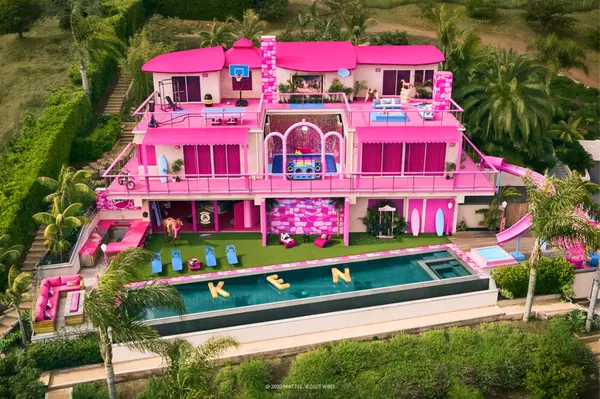
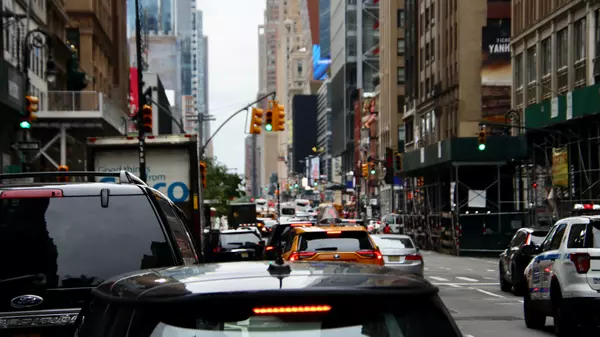
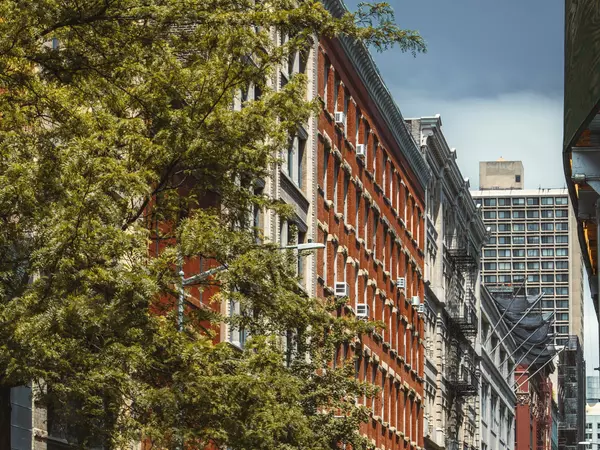

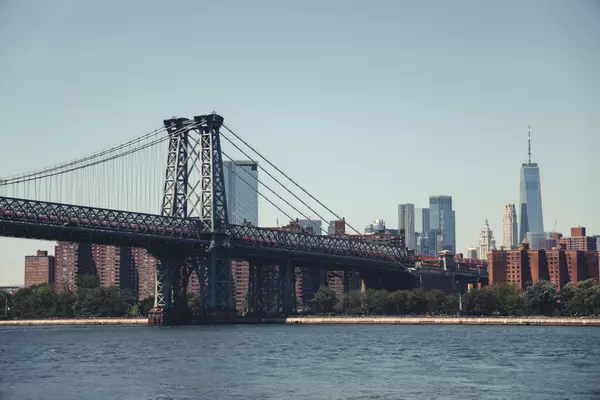
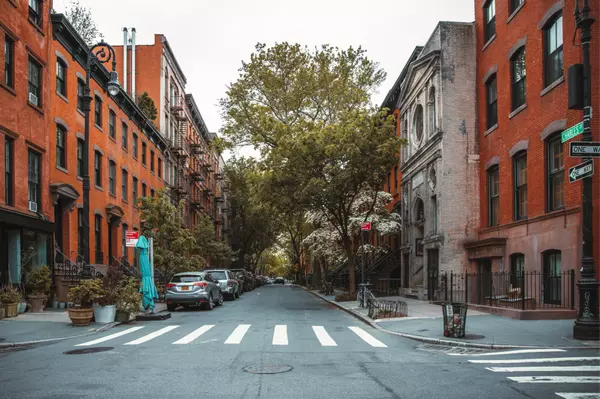

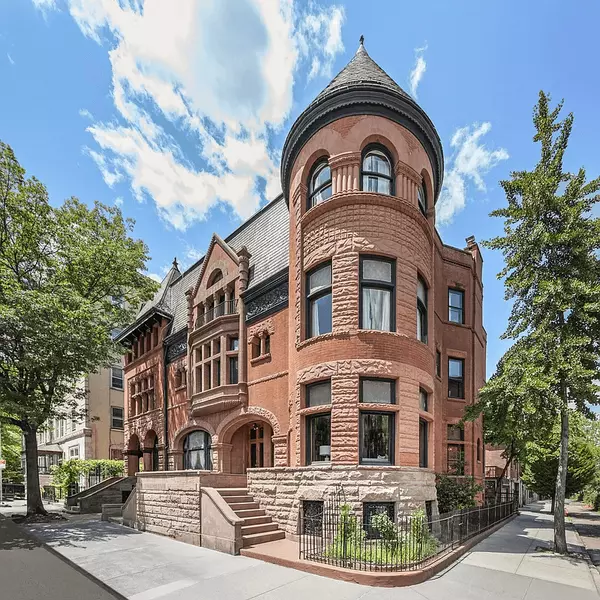

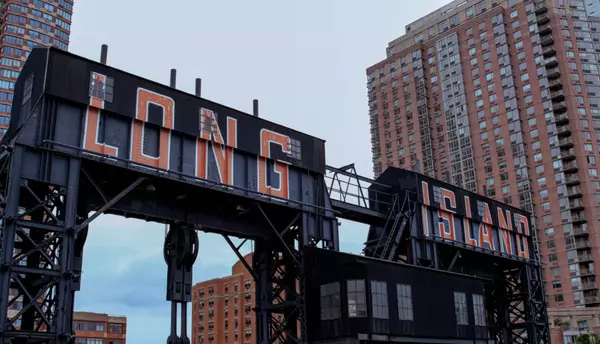
GET MORE INFORMATION

